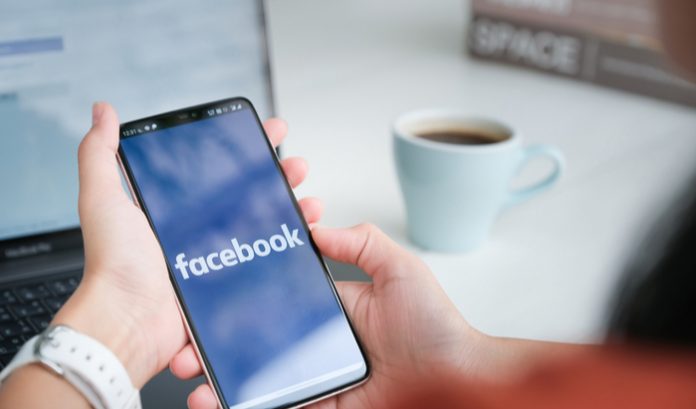An investigation led by the UK Gambling Commission (UKGC) has culminated in the closure of illegal lottery operations on the social media platform, Facebook.
Working alongside UK law enforcement powers under the guidance of the Government Agency Intelligence Network (GAIN), the Gambling Commission spearheaded an operation aiming to disrupt illegal and unlicensed lotteries targeting UK consumers on Facebook.
Investigative teams found that illegal lotteries had offered a variety of cash prizes and incentives to entice customers into purchasing fake draw tickets.
Two individuals were identified for promoting illegal activity and removed from associated Facebook groups after being issued with cease-and-desist letters by the North East Regional Special Operations and South West Regional Organised Crime Units respectively.
Helen Venn, Executive Director of UKGC commented: “There were hundreds of people taking part in these lotteries but it was important to identify those who were organising and moderating them illegally.
“Working alongside our colleagues at Facebook and the police, we are pleased that key individuals have been identified and this type of activity, which only increases the risk of gambling harm, has been disrupted.”
The joint investigation follows the UKGC launching its new campaign this month, warning the public of illegal lotteries and illicit free prize competitions and how to spot them.
Venn, who leads the Commission’s licensing, compliance and enforcement teams, added that many of these lotteries fail to give any funds to good causes, and consumers taking part do not benefit from legal protection.
“Illegal lotteries, including those taking place through social media channels, will continue to be a focus for our enforcement work this year as we link up closely with platforms like Facebook to pinpoint not only the activity, but those behind it and those who are breaching gambling rules and social media standards.”



























